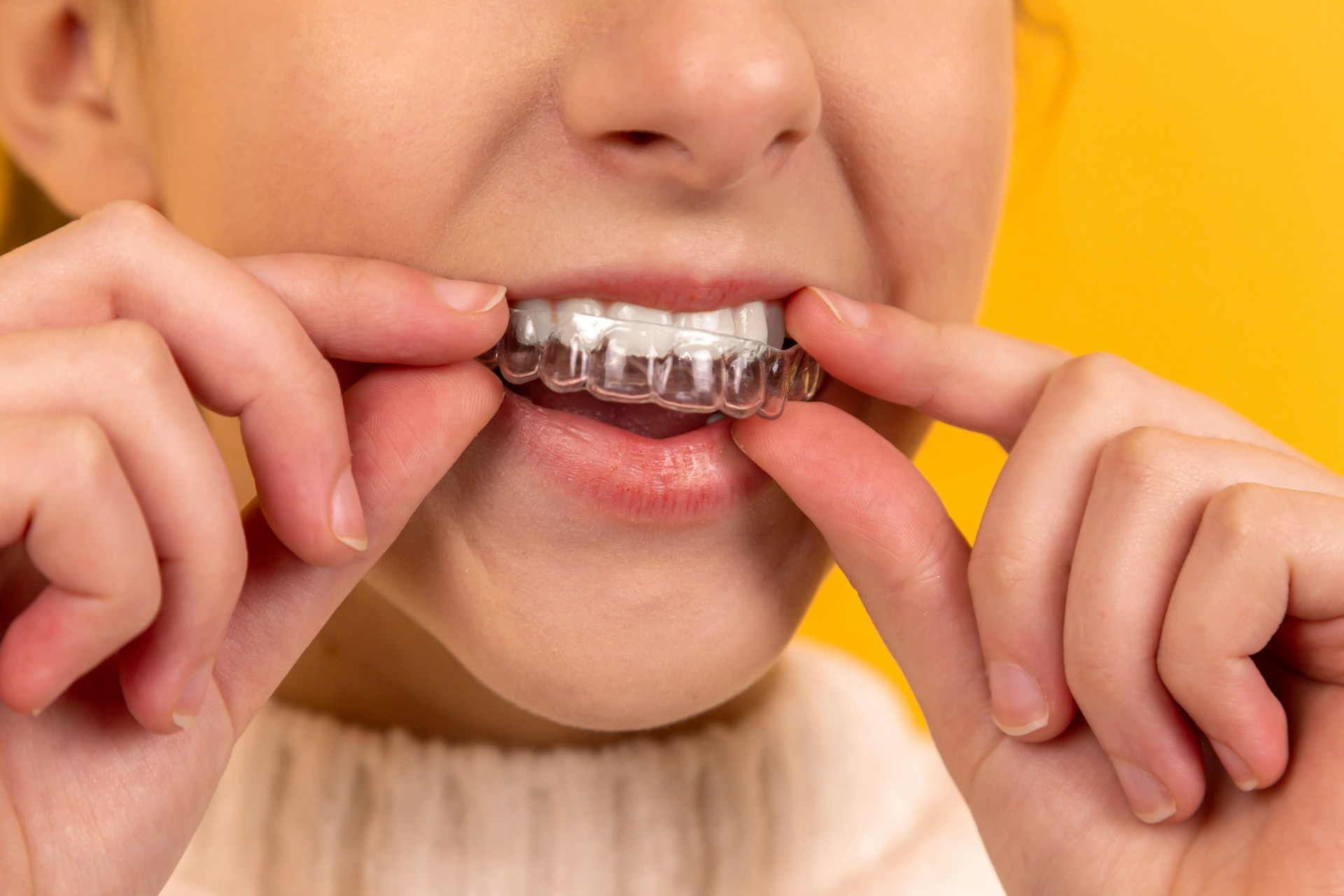31.10.2024
Jaw clenching and teeth grinding at night, bruxism

Jaw clenching and teeth grinding are common automatic reactions to fear, stress or anger. With some people these reactions happen automatically even without the presence of a direct stressor. This unconscious jaw clenching and teeth grinding which isn’t related to food chewing is called bruxism, and it more commonly appears while people are awake, but more research has been done on the version of it where it appears while sleeping. This occurrence is more common with children and adolescents than older adults.
When bruxism is happening while the person is sleeping, because of the lack of perception or consciousness, the person can clench their jaw or teeth extremely hard, causing damage to the teeth or muscles.
Nighttime bruxism means that many people who have this problem aren’t even aware of it until someone points it out to them or they start to notice some of the symptoms.
The clenching and grinding isn’t something that is happening continuously, most often it comes in inconsistent short intervals.
Some of the symptoms of bruxism can be seen in the damage done to the teeth, chipping, breaking, loosening or pain. Other symptoms can be pain, numbness, tension or damage done to the jaw or facial muscles, as well as headaches.
The causes of bruxism are most often attributed to psychological factors such as high stress, bad mood, nervousness, tension and alike. Other causes include genetic predispositions, alcohol consumption, caffeine and nicotine consumption and bad reactions to certain medicines.
The long-term consequences of nighttime bruxism can be serious damage done to teeth crowns, seals and alike. It can also lead to serious problems with the jaw, difficulties in chewing, chronic jaw pain, cracking and alike.
Not all symptoms are the same for everybody and the consequences will depend on specific factors.
No specific solution has been found for all kinds of bruxism but there are many ways which can help reduce the episodes and the amount of damage done.
Reducing stress can significantly help with this, different types of psychotherapy can be helpful in this regard, helping better manage and overcome stressful situations and events.
Pharmacotherapy can also be useful, most prescribed drugs for this problem are based on reducing muscle activity which is associated with jaw clenching. Mouth guards or braces can help with reducing the damage done by bruxism, or help stabilize the mouth or jaw in a certain position.
Bruxism can have significant consequences and will probably definitely lower quality of life. If you or someone you know has some of these symptoms it is important to consult a dental or medical expert so that you can approach this problem in the most efficient way.
*This text is intended for informational purposes only. If you experience any symptoms, it is recommended that you seek advice from your doctor or a qualified healthcare professional.*
*Image taken from :https://unsplash.com/photos/person-wearing-silver-diamond-ring-fmB7IdFjhTM*
Bruxism. (n.d.). National Institute of Dental and Craniofacial Research. https://www.nidcr.nih.gov/health-info/bruxism#symptoms
Lal, S. J., Sankari, A., & Weber, K. K., DDS. (2024, May 1). Bruxism Management. StatPearls - NCBI Bookshelf. https://www.ncbi.nlm.nih.gov/books/NBK482466/
Your trusted partner in finding medical information. We offer access to reliable resources and make it simple for you to get in touch with qualified medical service providers. Our goal is to assist you in achieving optimal health through dependable information and ongoing support, whether it's advice, a physical examination, or expert consultation.